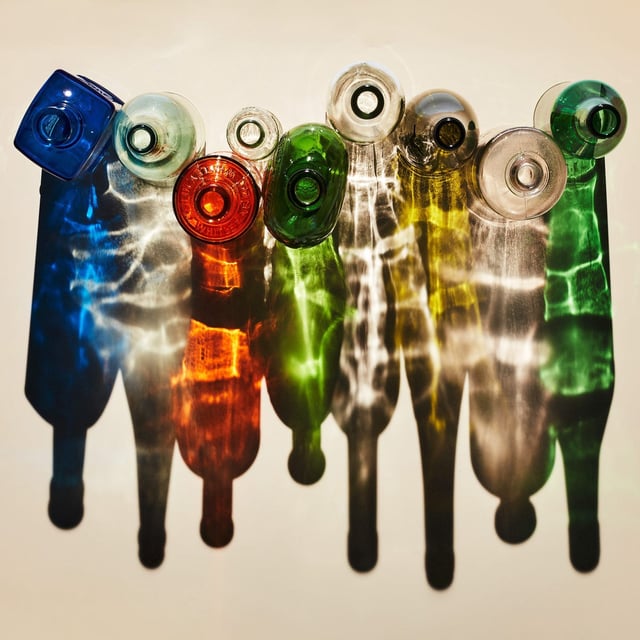Overview
- The BMJ Evidence-Based Medicine paper pooled data from 559,559 adults in the UK Biobank and US Million Veteran Program and recorded about 14,540 dementia cases.
- Genome-wide and Mendelian randomization analyses using roughly 2–2.4 million people linked higher genetic propensity to alcohol use or dependence with a 15–16% increase in dementia risk.
- In cohort comparisons, non-drinkers and heavy drinkers (40+ drinks per week) showed about a 41% higher risk than light drinkers (fewer than seven per week), and alcohol dependence was associated with a 51% higher risk.
- Researchers from Oxford, Yale, and Cambridge report that even light or moderate consumption is associated with higher risk, countering earlier claims of cognitive benefits.
- Authors and independent experts say public-health guidance should stop portraying light drinking as harmless and emphasize the need to investigate biological mechanisms.



